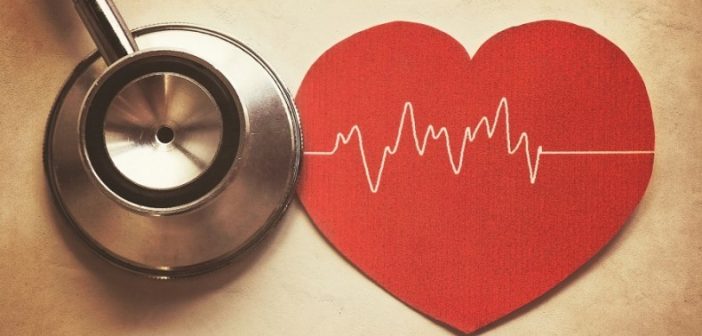Everyone wants to look young and beautiful, and there is nothing wrong with getting plastic surgery to improve the appearance of certain body parts. Whether you want to have a facelift, hair replacement surgery, eyelid lift, nose reshaping, or any other plastic surgery, recovery is probably a concern. The good news is that how you prepare for your surgery can prevent complications and help you recover faster. Below are a few tips to help you prepare for plastic surgery.
-
Confirm with a doctor that you are in good health
Plastic surgery is elective in most cases, and you need to schedule your surgery when you are healthy enough. Good health gives your immune system a good chance of recovering quickly. Go for a physical exam one month prior to your scheduled plastic surgery to be sure you are okay.
-
Prepare for anesthesia
Do not eat or drink anything past midnight on the day before your scheduled surgery. Anesthesia makes you relaxed and sleepy. Throat and stomach muscles also relax, and this may force the food to back up and get into your lungs.
Your doctor may also advise you to stop taking some medications a few days before surgery if they don’t go well with the drugs used for anesthesia. Other drugs like ibuprofen, aspirin, and blood thinners may result in excessive bleeding, and you shouldn’t use them a few days prior to surgery. This way, you are sure to prevent any anesthesia complications.
In case of any anesthesia complications during surgery, that is probably due to negligence on the surgeon’s part. Proof that the surgeon was careless during and after surgery is sufficient grounds to file a malpractice lawsuit with the help of a reputable lawyer like The Tinker Law Firm.
-
Plan ahead
There are things you will need during recovery. Ensure you have them beforehand. They include:
- Arranging for someone else to drive you home after surgery.
- Ensure you have someone to help you with certain tasks such as cleaning and cooking for a few days after surgery.
- Ensure all the items you need to use when recuperating are within your reach. They include medication, tissues, books, your cell phone, and meals.
-
Increase your protein, calories, and fiber intake
Protein and calories are among the most important healing elements. Protein helps to build new blood vessels and tissue, repair injured tissue, and promote the production of natural healing properties of the body. Eat high-quality protein foods like fish, lean meat, beans, and poultry. Also, increase your intake of fiber; it helps to promote regular digestions processes.
-
Stay hydrated
It is important to keep your body hydrated by drinking a minimum of six glasses of water daily. Water helps to cleanse and hydrate the body, so ensure you drink lots of water, especially the day before surgery.
-
Exercise
- Staying physically active weeks before your surgery helps to reduce the risk of complications.
Endnote
Plastic surgery is one of the best investments you will ever make on yourself. The above tips will help you have a quick recovery and reduce the risk of complications.




